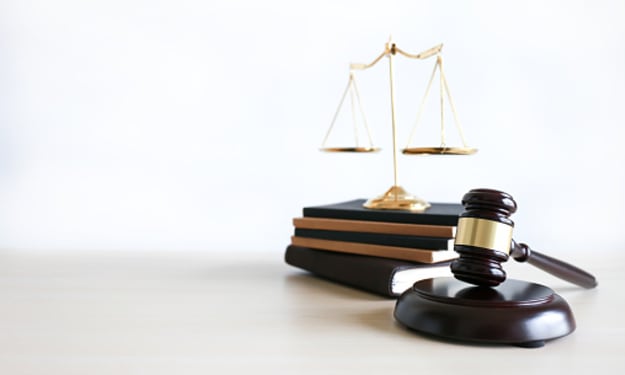Trademark Enforcement: Ways to Enforce Your Trademark Rights
Today's consumers are brand-focused, so using a misleading name can have a significant negative impact on the market for the original brand. Here's how to enforce trademark rights.

Trademarks are essential for brands to stand out and be easily identified by customers. They also provide safeguards against counterfeit sellers and products.
With more businesses opening their doors online daily and an increasing number of counterfeit products on the market, brands must take the necessary steps to register and protect their trademarks.
Maintaining a good defence and offence is always a good idea when managing your trademark after registration. Indian law provides trademark enforcement rights for registered and unregistered trademarks.
Why is protection necessary?
A registered trademark is an invaluable asset to your organisation; it is your image and brand and will likely help you bring in profit. They require protection from infringement.
People are constantly looking for ways to steal an organisation's or company's well-established reputation, as a registered trademark protects the business's goodwill and consumers from deception.
As a result, most legal systems have a well-developed system for protecting against infringement of trademark. Both statutory law and common law principles protect trademarks.
5 Ways to enforce your trademark right
- Dig deeper: Trademark search
Before filing a trademark, it is good to conduct due diligence on the name, logo, or combination of both. The trademark office will reject a mark that will likely cause consumer confusion.
It is recommended that the trademark applicant conduct a thorough trademark search on the mark, providing a clear picture of your trademark. The search report can then show and provide evidence as to whether or not the mark will be registered.
- Select a Powerful Trademark
According to trademark experts, your trademark's legal status must be strong. By registering an arbitrary and fanciful word, your trademark can reach the most substantial level. Arbitrary words are unrelated to the services or products in any way.
For example, Apple for computer systems and Blackberry for mobile phones
- Use your Trademark
A trademark right can arise from common law or through trademark registration, but both can only get enforced if the trademark owner can demonstrate the use of the trademark.
The trademark rules state that if a trademark is not used for some time, it is considered abandoned. In such cases, a third party's use of the mark is not considered an infringement of trademark.
The trademark owner must know the registration date because the owner must pay trademark renewal fees ten years from the registration date.
- Keep an eye
It is always advisable to keep a close eye on other companies and their use of phrases and marks on their products.
Normally, you conduct trademark surveillance while visiting the marketplace or using similar products online. However, this is not always sufficient. Hence, the trademark owner should enlist a service provider's assistance to monitor potential trademark infringement.
- Protect yourself from genericide
Many new business owners or entrepreneurs envision their product being present in every household and subconsciously on everyone's mind. Still, there is a risk that the trademark will become generic in this scenario.
Example:
If the mark for your product becomes generic, the trademark owner may lose ownership of the mark and the trademark, making it impossible for anyone to associate the mark with their product.
Why is trademark protection required?
The basic assumption in a competitive economy is that the consumer benefits from a wide variety of goods and services.
For consumer protection, the law becomes an effective weapon against counterfeit goods, significantly strengthened by statutory sanctions imposed on fraudulent trademark applications.
The following trademark functions make it critical to obtain trademark protection:
- The origin function
Marks should be protected so they can serve as indicators of the product's geographical origin or be linked in some other way.
- The function of quality
Marks deserve protection because they represent the quality consumers associate with the product and ensure that the goods or services meet their expectations.
- Advertising purpose
Marks are logos or words that are used to promote a product by an organisation. This increases the investment value, so the mark deserves to be protected even if there is no abuse resulting from misrepresentation about the origin or quality of the product.
To Conclude:
In India, there is a growing awareness of the importance of registering a brand name. However, the owners remain indifferent to the unauthorised use of their registered trademark. Violations of trademark rights can occur within an organisation, affecting the brand value and the owner's market share.
The trademarks law in India gives the trademark owners the right to trademark enforcement in the case when a trademark is misused or mispresented. With the assistance of a Trademark Attorney, one can recover and compensate for all damages caused by the infringement.
About the Creator
Avinash Jain
Hey, I am a corporate paralegal. If you are looking for any trademark services from trademark conceptualization all the way to registration and protection.
Contact us or visit our site now: https://trademarknight.com/





Comments
There are no comments for this story
Be the first to respond and start the conversation.